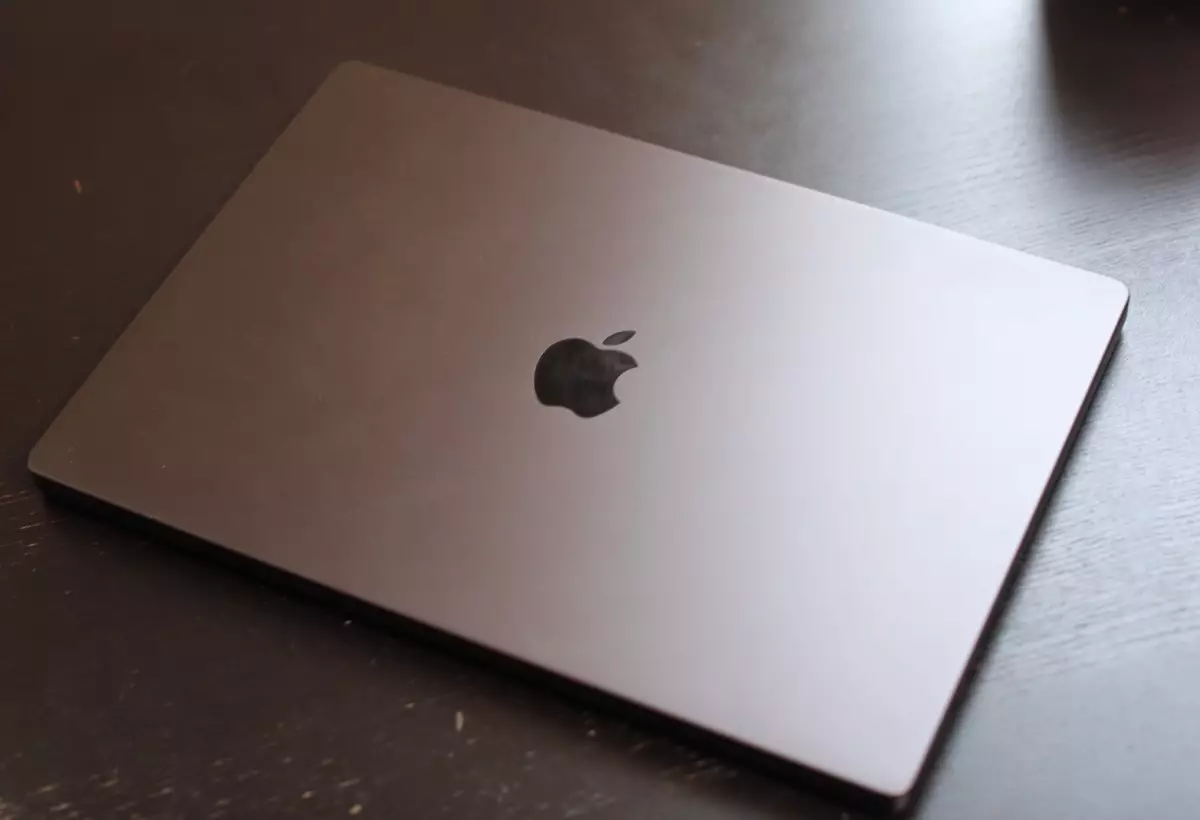The recent storm of turmoil surrounding Apple Inc. has resulted in a staggering loss of over $250 billion in market value, demonstrating how susceptible even the most influential tech giants are to global economic policies. As shares plummeted by as much as 8.5% on a tumultuous Thursday, the ripple effect wiped billions off the books not just for Apple but also for key competitors like Tesla, Nvidia, Meta, and Amazon. The overarching sentiment among investors is clear: the tech sector is now viewed as a risky venture, leading to significant sell-offs across the board.
Unpacking the Tariff Fallout
The genesis of this financial upheaval can be traced back to President Donald Trump’s recent announcement of comprehensive tariffs. Set to take effect on April 5, these tariffs impose a minimum of 10% on a wide range of imports, with some countries facing soaring rates as high as 54%. Such drastic measures, intended to bolster domestic manufacturing, strike at the heart of Apple’s operational framework. The iPhone maker relies heavily on international supply chains, particularly in Asia, where much of its manufacturing occurs. The tariffs complicate the economic landscape for Apple in ways that may have long-term repercussions.
Wedbush Securities analysts have characterized the tariffs as “worse than a worst-case scenario” for tech investors. This phrase encapsulates the severity of the situation: it highlights the precarious nature of technology investments that are, in many cases, dependent on stable international trade relations. The Trump administration’s view that these tariffs are necessary for economic liberation dismisses the complex realities faced by corporations that rely on global partnerships.
The Dual Challenge for Tim Cook
CEO Tim Cook now stands at a significant crossroads. Faced with the pressing need to either absorb losses or raise prices for consumers, Cook’s next steps will be crucial not just for Apple but the tech industry as a whole. The prospect of rising prices for products such as the iPhone, iPad, and Mac could alienate customers, particularly in an already competitive market. Balancing profitability while maintaining consumer goodwill will be no small feat.
The implications of these tariffs extend beyond mere financial performance; they embody a broader clash of strategies between domestic economic policy and global commerce. Companies like Apple, which built their empires on global efficiencies and expansive supply chains, could find themselves boxed in, forced to reconcile conflicting economic interests—those of U.S. manufacturing and international collaboration.
The Uncertain Road Ahead
As the dust settles, the lasting impact of these tariffs on Apple’s business model and stock valuation remains to be seen. Investors are left grappling with unpredictability, a sentiment that could dissuade long-term commitments to technology stocks. What remains clear is that the tariffs have elevated uncertainty in the market, leading to cautious behavior from investors who once confidently poured money into the tech sector.
In a world where agility and adaptability are essential, Apple now faces significant challenges. The coming months will reveal whether Cook’s leadership can navigate these tumultuous waters, or if the tide of economic policy will further erode the company’s standing in the marketplace. As the narrative unfolds, all eyes will remain on Apple, watching how it responds to this unique blend of challenge and opportunity.

